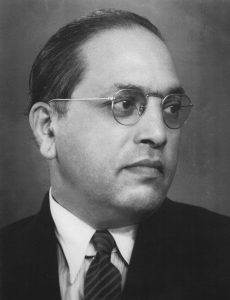It was thirty years ago, in 1995, that a then-unknown junior academic named Jeffrey Kripal published Kālī’s Child: The Mystical and the Erotic in the Life and Teachings of Ramakrishna. The book took a new look at the stories written about the revered 19th-century Bengali mystic Ramakrishna, from the then-current Freudian lens: it explored passages that it described as homoerotic, and argued that there was a connection between the homoeroticism and the mysticism. Kripal, who was raised Catholic and once attempted to enter the priesthood, always saw an erotic dimension in mysticism, and found that goddess traditions like Ramakrishna’s felt a more natural fit than Christianity with his own heterosexuality – so was surprised to find homoerotic elements in Ramakrishna, and realized that was something worth writing about.
Few, least of all Kripal, expected what happened next. Ramakrishna devotees in India found out about the book and became furious that anyone would dare treat Ramakrishna’s mysticism as having a sexual element. Hindu nationalists burned copies of the book, there were multiple attempts to ban it, and Kripal was no longer able to travel to India out of fear for his safety. It was the first in a series of attacks that Hindu nationalists came to make against Western scholars in the decades to come, outraged that scholars would point to aspects of their traditions that they didn’t like.
I had read a little about this story before I arrived at Harvard as a new PhD student in 2000. There were three scholars of South Asian religions – John Carman, Edwin Bryant, and especially Charles Hallisey – who I’d expected to study under when I got there… and all three of them had just left, for various reasons, without (yet) being replaced. So I felt a little adrift. But as I had a first walk through the hallway of a Harvard Divinity School building, there outside an open office door was the name plate of a visiting professor in South Asian religions whose name I did recognize: Jeffrey Kripal.
Continue reading →



